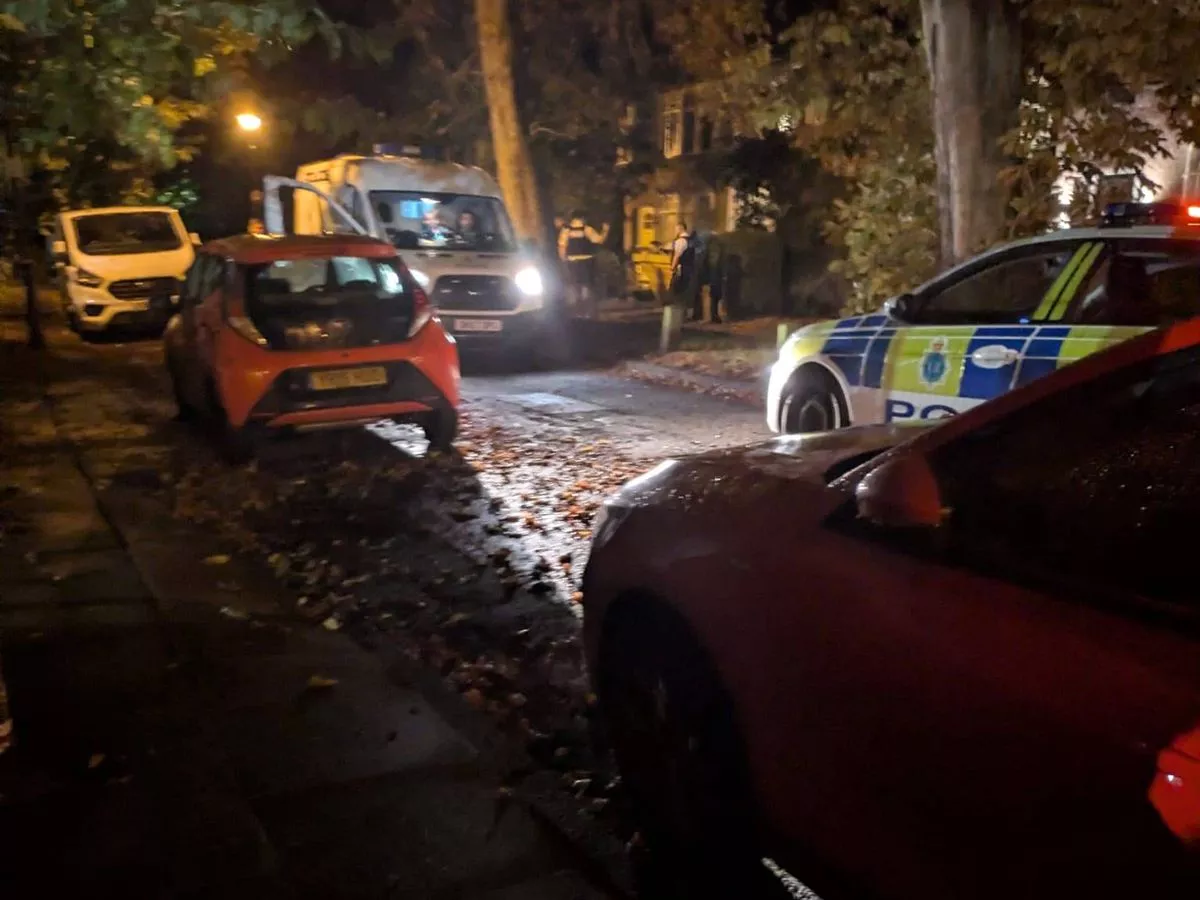
Nearly three years after the vast majority of Denver voters approved a ballot initiative requiring restaurants and apartment buildings to recycle and compost their waste, the rules finally have a start date: September 2026.
Implementation of the initiative has been delayed multiple times as advocates and city officials have tinkered with the fine print. But Monday, the City Council gave final approval to the fully fleshed out requirements.
After first convening a task force on how to implement the measure, Denver Mayor Mike Johnston’s office proposed several changes and exemptions to balance the climate-friendly goals of the ordinance with the interests of small restaurants and businesses. But GreenLatinos, an environmental advocacy group whose leader put the “Waste No More” measure on the ballot, said many of the suggestions weren’t in line with what voters approved.
Tim Hoffman, the director of policy for Johnston’s office, said the mayor supports the goals of the initiative.
“The concern has always been that every additional cost you place on our small businesses and restaurants makes it harder to operate,” he said.
GreenLatinos celebrated the passage Monday, saying it will help the city reduce its greenhouse gas emissions.
“Community has been calling for Denver to be a leader in waste diversion for more than a decade,” said Brian Loma with GreenLatinos. “With this vote, we will finally require all sectors of our community to look at our waste practices.”
The ordinance, which passed with about 71% of the vote in 2022 — requires apartments, restaurants, commercial buildings and permitted events to pay for and provide recycling and composting services. Construction and demolition projects are also required to separate and recycle all recyclable materials, including concrete, asphalt and scrap metal.
The city recommended several changes, including exempting restaurants that bring in less than $2 million in revenue and have 25 or fewer employees. That would have been about 16% of restaurants in Denver.
The council ultimately thwarted many of those suggestions, including the small-restaurant exemption, during a council meeting last week. Council members Sarah Parady, Flor Alvidrez, Shontel Lewis and Chris Hinds sponsored four amendments to the ordinance Johnston proposed. Each one passed.
The amendments also added more requirements for reports to council about the program for the first decade of its implementation, increased how many events must follow the guidelines and made more stringent requirements for small home renovation projects.
Most of the entities impacted would be able to claim that they couldn’t meet the requirements because they posed an undue financial burden and apply for an individual exemption.
Council members Kevin Flynn and Amanda Sawyer were the only ones to vote against the ordinance Monday.
“I think the amount of cost that this is going to add to our businesses, to our registered organizations that are hosting events … don’t make any sense,” Sawyer said.
The city will take an education-based approach to enforcement, Hoffman said.
“Only in a last resort type scenario would a financial burden be put in place,” he said.
Denver already provides composting and recycling pickup for single-family homes and residential buildings with up to seven units.



